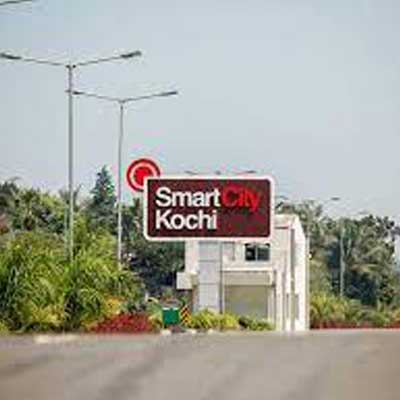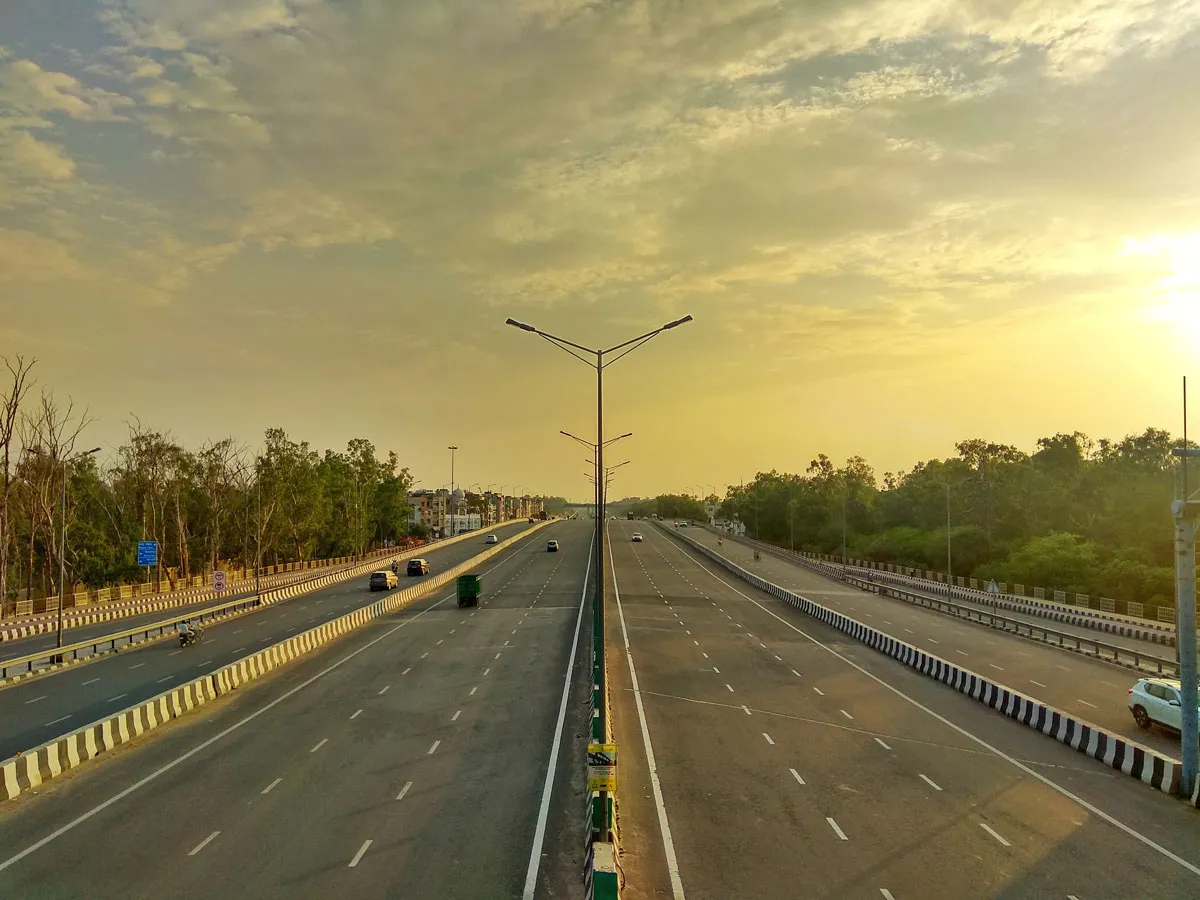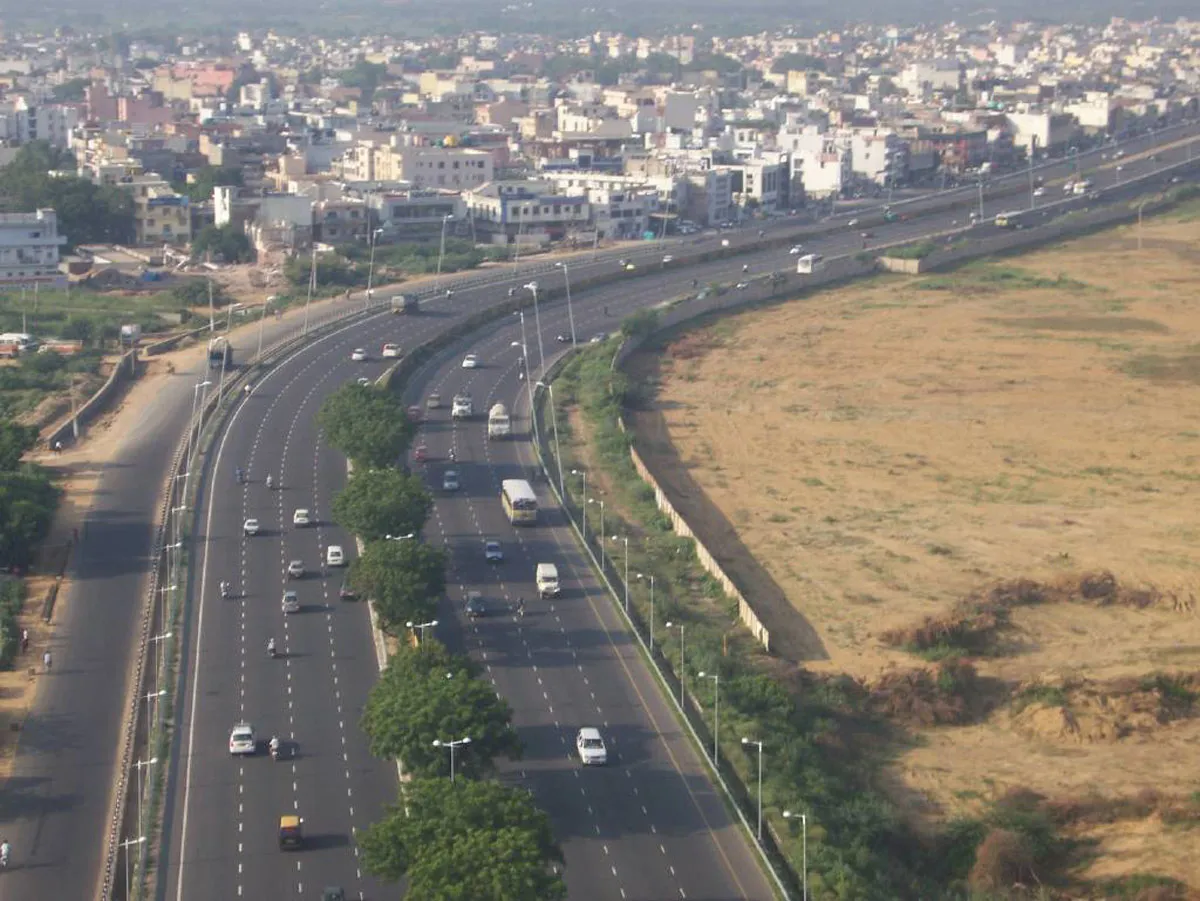
End of 15-Year Financial Incentives, worry IT Developers in SEZs

HG Infra Arm Gets Appointed Date for Rs 7.63 Bn NH-227B Project
HG Infra Engineering said its wholly owned subsidiary, HG Bahuvan Jagarnathpur Highway, has received the appointed date for a major National Highway project in Uttar Pradesh. The appointed date has been declared by the Superintending Engineer, National Highways Circle, Public Works Department (PWD), Lucknow.The project involves the improvement and upgradation of a two-lane highway with paved shoulders on the newly notified National Highway-227B. The stretch covers the Bahuvan Madar Majha to Jagarnathpur section under the “84 Kosi Parikrama Marg” in Uttar Pradesh, an important religious and..

Kalpataru Projects Sells Vindhyachal Expressway to Actis for Rs 7.75 Bn
Kalpataru Projects International (KPIL) has completed the sale of its 100 per cent equity stake in Vindhyachal Expressway (VEPL) to global infrastructure investor Actis for an enterprise value of Rs 7.75 billion. The company said definitive agreements for the transaction were executed on October 9, 2024, subject to customary closing adjustments.VEPL is a special purpose vehicle established to develop and operate an 89.30-km four-lane highway connecting Rewa to Hanumana on the Madhya Pradesh–Uttar Pradesh border along National Highway-7. The project was awarded by the Madhya Pradesh Road Deve..

Gadkari Flags Off Rs 44 Bn National Highway Projects in Vidisha
Union Road Transport and Highways Minister Nitin Gadkari inaugurated and laid the foundation stone for multiple National Highway projects worth around Rs 44 billion in Madhya Pradesh’s Vidisha parliamentary constituency, marking a major push to regional road infrastructure and connectivity.Union Minister Shivraj Singh Chouhan said the projects would significantly benefit the region by improving road links and supporting economic development. Speaking to reporters in Bhopal, Chouhan described the initiative as a major development boost for Vidisha and surrounding areas. “Nitin Gadkari is br..
















